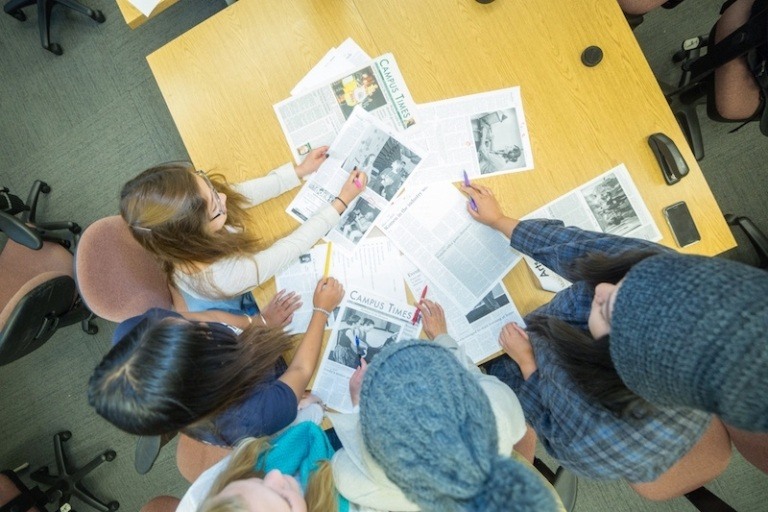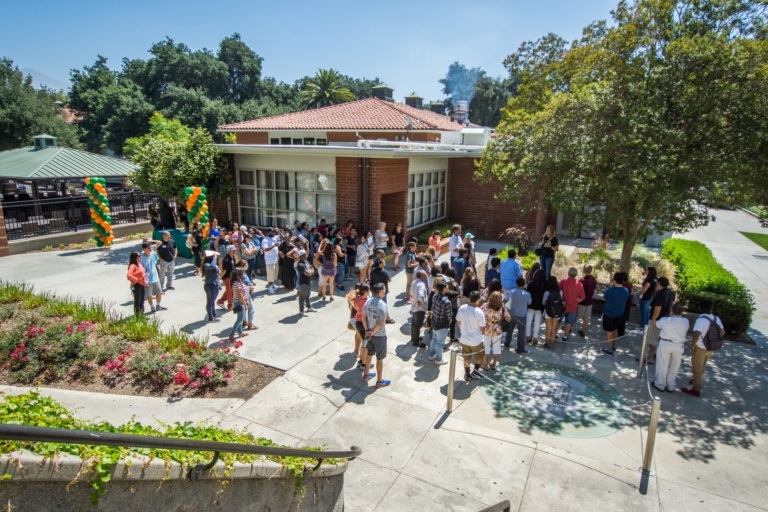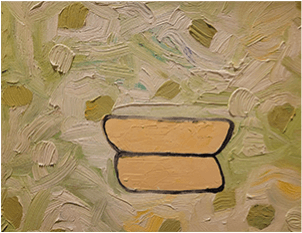ULV Professor Co-Edits International Special Issue on Vector–Pathogen Interactions and Biodiversity Conservation
Dr. Víctor D. Carmona-Galindo, Professor of Ecology and Evolutionary Biology at the University of La Verne, is co-editing a new international special issue in the open-access journal Conservation (MDPI), in collaboration with his sister, Dr. Anna M. Groat-Carmona, a Fulbright alumna and Assistant Professor of Biology at the University of Washington Tacoma.
The special issue, titled “Vector–Pathogen Interactions in a Changing World: Implications for Biodiversity and Conservation”, invites submissions that explore how diseases transmitted by vectors such as mosquitoes, ticks, and kissing bugs intersect with biodiversity loss, ecosystem resilience, and public health—particularly in under-resourced or dynamic regions of the Global South.
“Our goal is to amplify interdisciplinary, field-based, and underrepresented perspectives in conservation and global health research,” said Dr. Carmona-Galindo, whose Fulbright work in El Salvador focused on entomological surveillance and vector ecology in fragmented tropical forests. “We see this special issue as a platform for rising scholars—especially those in Central America, Africa, and South Asia—who are leading research on the frontlines of climate and health challenges.”
The issue welcomes research that:
Investigates vector–host–pathogen systems in ecological or conservation contexts
Analyzes the effects of land-use change, urbanization, or climate disruption on disease transmission
Applies molecular, field-based, or One Health frameworks
Highlights community-engaged or policy-relevant strategies
Dr. Carmona-Galindo and Dr. Groat-Carmona are offering mentorship opportunities to students and early-career scientists interested in publishing. They have also begun assembling a U.S.–Central America research network to support a forthcoming five-year grant proposal to the National Science Foundation (NSF–IRES), which will expand surveillance efforts on vector-borne diseases and train the next generation of field biologists.
The Conservation special issue is now accepting manuscripts on a rolling basis, with a final deadline of February 2, 2026.
For more information or to connect with the guest editors, please contact Dr. Víctor Carmona at vcarmona@laverne.edu.


